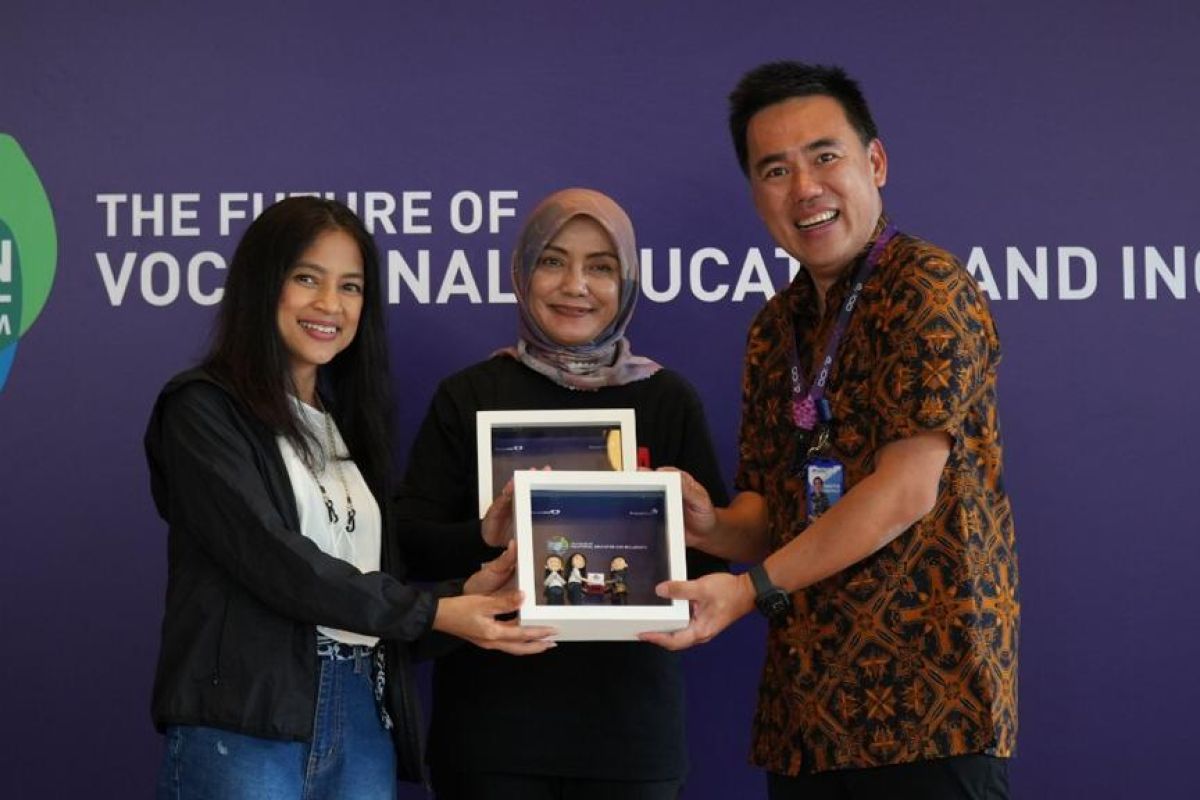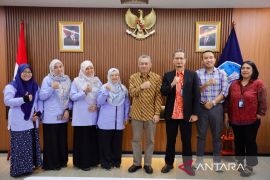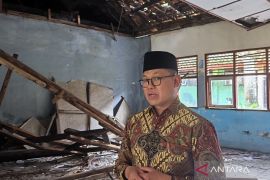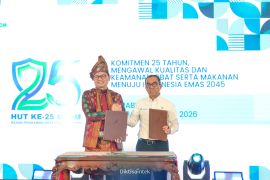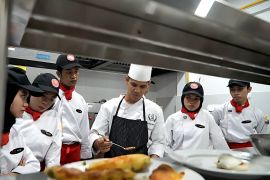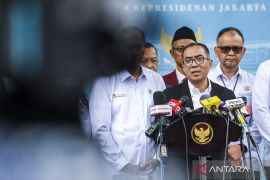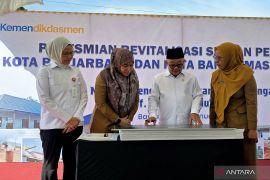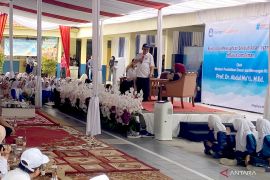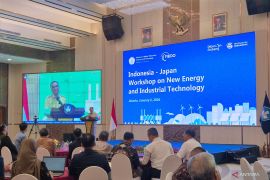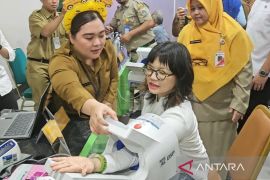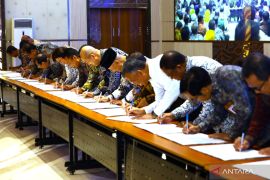"Not only preparing reliable human resources for work, vocational education also has the potential to increase (the pool of) human resources for entrepreneurship," the ministry's director general of vocational education Kiki Yuliati said in an official statement received here on Friday.
This is because vocational education focuses on applied skills and prioritizes practice. Therefore, it could play a strategic role as a driver and accelerator of economic growth in Indonesia, she added.
According to her, skilled and competent human resources can make a highly productive workforce, which is needed by the industry.
Yuliati said that the ability of vocational education to produce reliable human resources for entrepreneurship would not only encourage economic growth in society, but would also answer the challenge of limited employment opportunities.
In fact, vocational education is part of the government's efforts to prepare reliable human resources who can work and or become entrepreneurs and stimulate the economy around them, she added.
Vocational education can also be seen as a collaborative research facilitator with DUDI and a contributor to research and development (R&D) activities for product downstreaming, she added.
She said that applied research by vocational education units is no longer meant to just satisfy the curiosity of researchers, but seeks to answer problems faced by the industry and society, including micro, small, and medium enterprises (MSMEs).
"Vocational education units can take advantage of partnerships with industry and MSMEs around them to find solutions to the problems they face in increasing their productivity," Yuliati expounded.
Aside from being a facilitator, vocational education is also directed as a business accelerator for startups or a business incubator through teaching factories.
The learning model of teaching factories is expected to help human resources develop their character and work ethic, namely discipline, responsibility, honesty, cooperation, and leadership, which are needed by DUDI.
In addition, teaching factories can also improve the quality of learning outcomes to equip students with the ability to produce goods and services, she noted.
"These factors are important as a capital to develop an entrepreneurial spirit even before the students graduate," she said.
Therefore, the ministry is continuing to make efforts to transform vocational education by prioritizing three values—educational value, economic value, and social value.
One of the good practices of vocational education in driving the community's economy has been carried out by students majoring in marketing at Wikrama Bogor Vocational School, who have been able to help the surrounding MSMEs go digital.
"With the TikTok Shop live streaming class, students have the ability to promote and sell real products,” head of the marketing program of Wikrama Vocational School Rina Finanti informed.
One of the MSMEs that has directly benefited from the assistance provided by Wikrama Vocational School of Marketing has been Amanta Segar. The MSME has received assistance in creating its social media account and content for marketing.
"We are thankful to the students of Wikrama Vocational School. We can sell our products online and it brings a tremendous impact on our product sales," the owner of Amanta Segar, Annisa Nurul Koesmarini, said.
Related news: Ministry urges vocational students to join MSIB program
Related news: Ministry supports vocational colleges for students to explore skills
Related news: Vocational education necessary to maximize demographic bonus: Minister
Translator: Astrid Faidlatul H, Resinta S
Editor: Azis Kurmala
Copyright © ANTARA 2023
